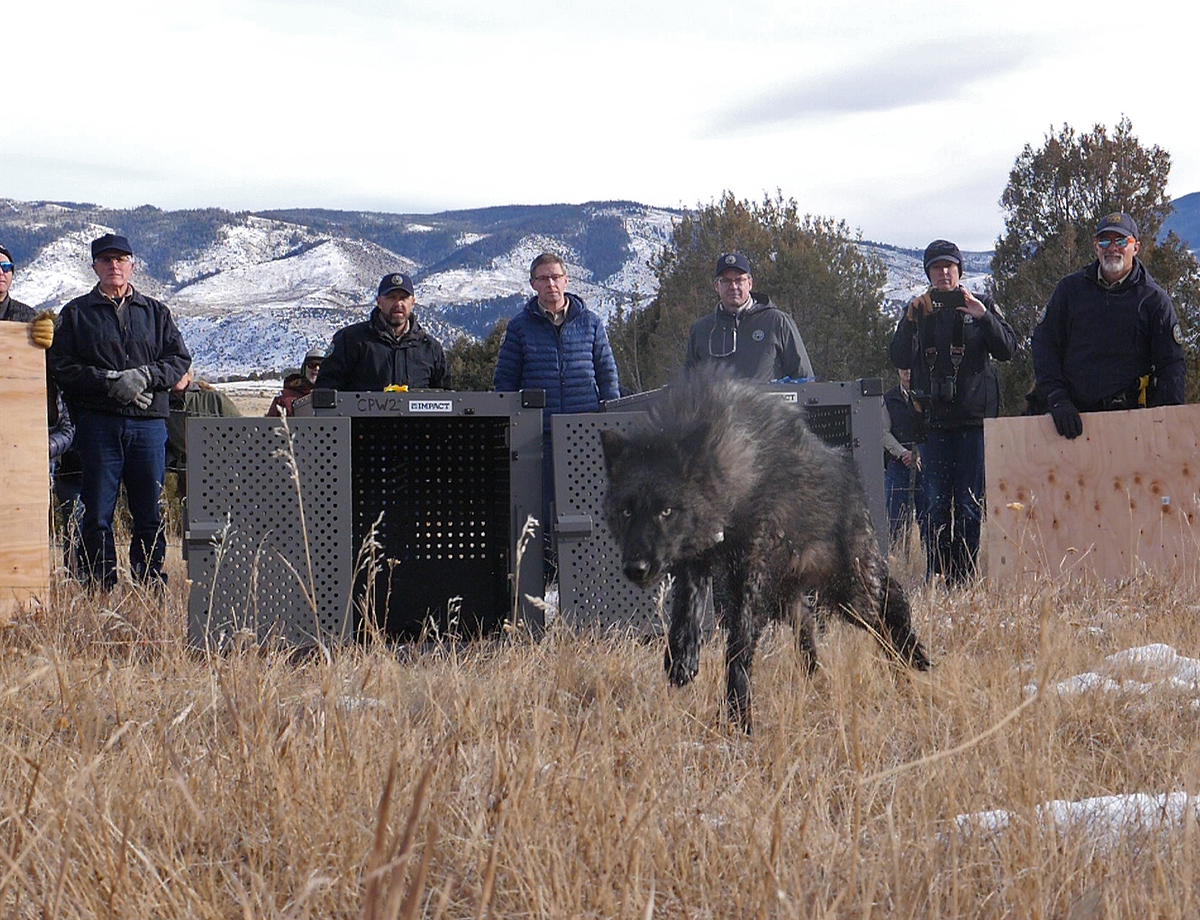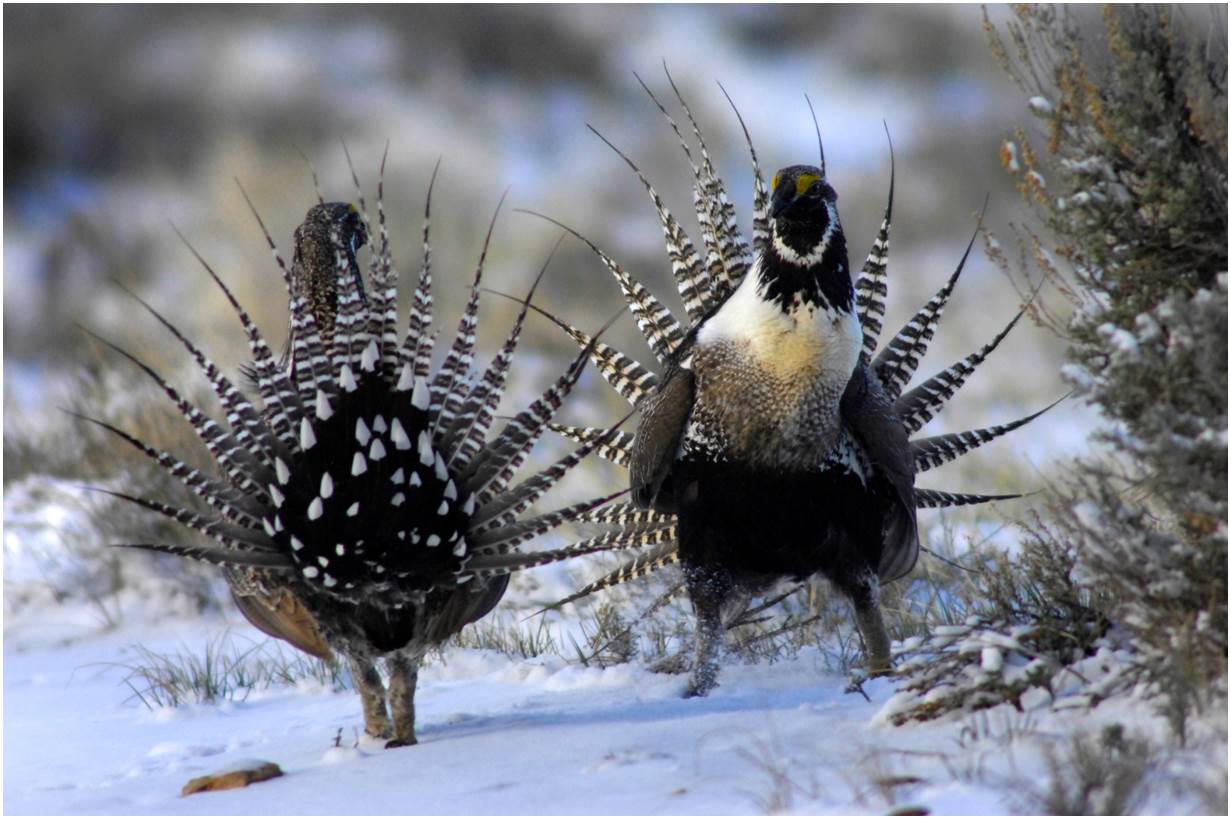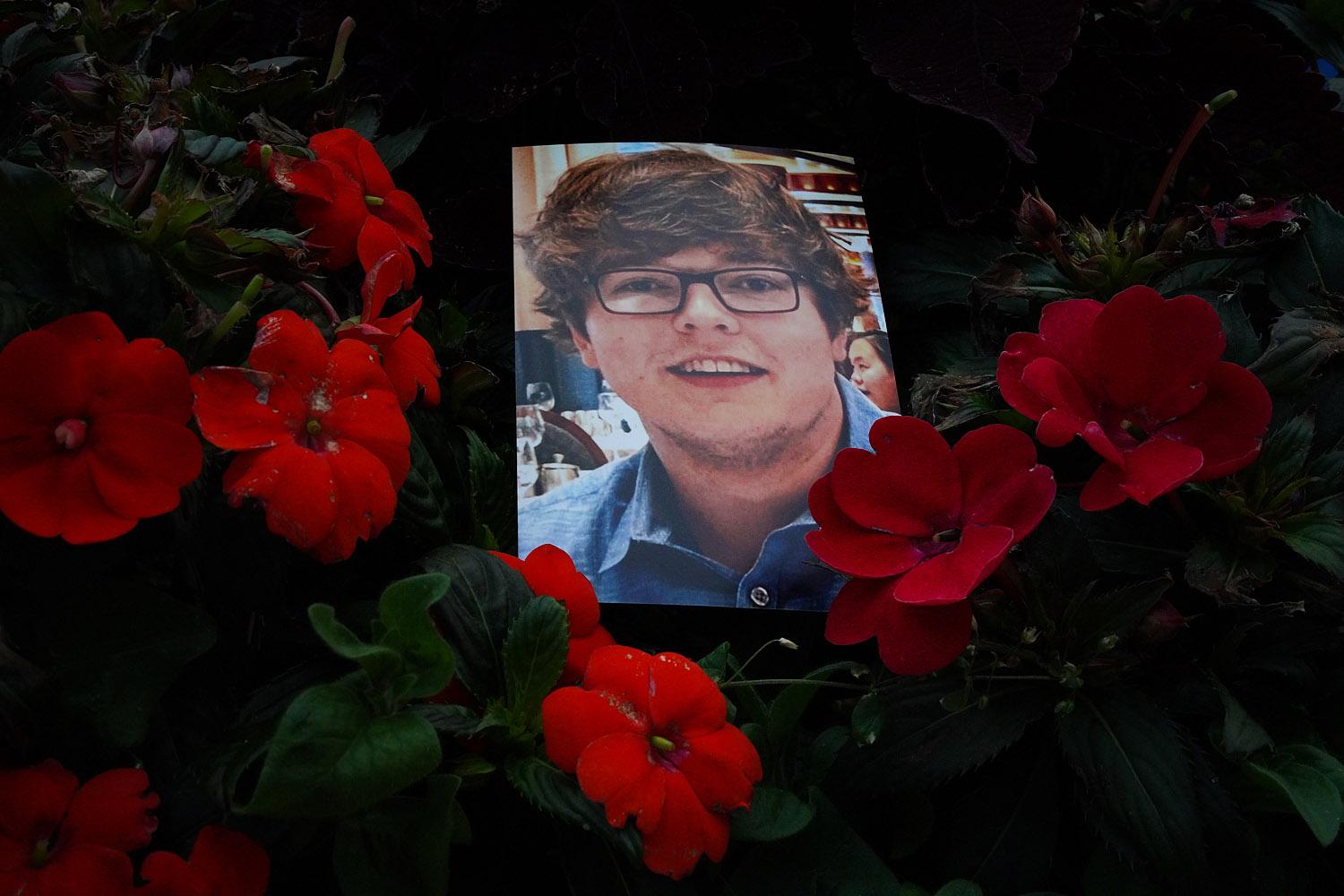
At age 14, Carlotta Walls LaNier, who now lives in Denver, was thrust into the battle over civil rights in this country. All she really wanted was to go to school.
Sixty years ago, she was the youngest of nine black students who integrated a high school in Little Rock, Arkansas. Then-Arkansas Gov. Orvil Faubus had refused to allow black students to enter the school — even though the U.S. Supreme Court had declared segregation unconstitutional in Brown v. Board of Education Topeka.
This led to weeks of wrangling between state and federal authorities as the students repeatedly walked through angry mobs. Faubus finally released the National Guard, but left only a small number of local police to handle that angry mob that threatened students. In response, President Dwight Eisenhower sent in Army troops to escort the students into the school and between classes.
Following her graduation from Little Rock Central High School, LaNier attended Michigan State University before graduating in 1968 from the Colorado State College of Education — which is now known as the University of Northern Colorado.
Theo Wilson, a Denver activist, poet and executive director of Shop Talk Live! — which uses a barber shop as a setting for discussions about race and unity — joined the discussion as well. Wilson, who’s African-American, once pretended to be a white supremacist online, then did a TedTalk about what he witnessed. The video has reached at least 8 million people. We wanted to hear what an activist today wants to know from LaNier.
Conversation Highlights With Carlotta Walls LaNier
On Acts Of Kindness She Remembers From Her Time In High School:
"Kindness? You know, I guess I could say this one particular student who would always pick me to be on her team and I think it's because not only could I do whatever it was rather well, but... I was never the last person to be picked if you know what I'm saying, so I think, overall, that might have been the kindest thing, but the most joy I received at Little Rock Central High School was receiving my diploma because it validated all the things that I had gone through for three years."
On How She Sees The Crowds And Fellow Students From Those Years In Little Rock Today:
"I had no hate for these people. I was never taught to hate, OK? I think that that is what happens that you are taught that. I was never taught to hate people, but I did recognize those that were, who had unfounded fears, OK? I recognized the ignorance of people and I was always taught never stoop to that level, so I was not about to waddle with those kind of people."
On Whether Everything Has "Worked Out" Since The Integration At Little Rock Central High:
"We're 60 years and I'm looking at some of the same things that happened to me prior to that. Now there's been a lot of progress now and it was all based on the Supreme Court decision, which was unanimous. I don't think we've had anything similar to that since 1954."
"Brown versus Board of Education, and let me tell you. The Civil Rights Act, the Housing Rights Act, the Voters Rights Act, that's all progress, and it all came from that foundation. So I'm not going to sit here and say that we're still living the same way, but I do see this pendulum swinging back in that particular direction [of the Jim Crow era]."
On What She Would Tell A Younger Generation That Is Seeing The Pendulum Swing Back:
"Well, there are a number of things. One is get to know who you are... You really do need to be centered and know who you are. Now, I do fault the education system because they've taken away the arts. They've taken away civics, and civics is very important — I don't care what color you are — to understand how to get involved, how to understand what is important within your community and so forth."
"...you need to be proud of the fact that you have this heritage, whether it's African-American heritage or Hispanic heritage or Polish heritage or what have you. We've all given to this world. All these groups have given something that is good, and we need to look at that piece and grow from that."








